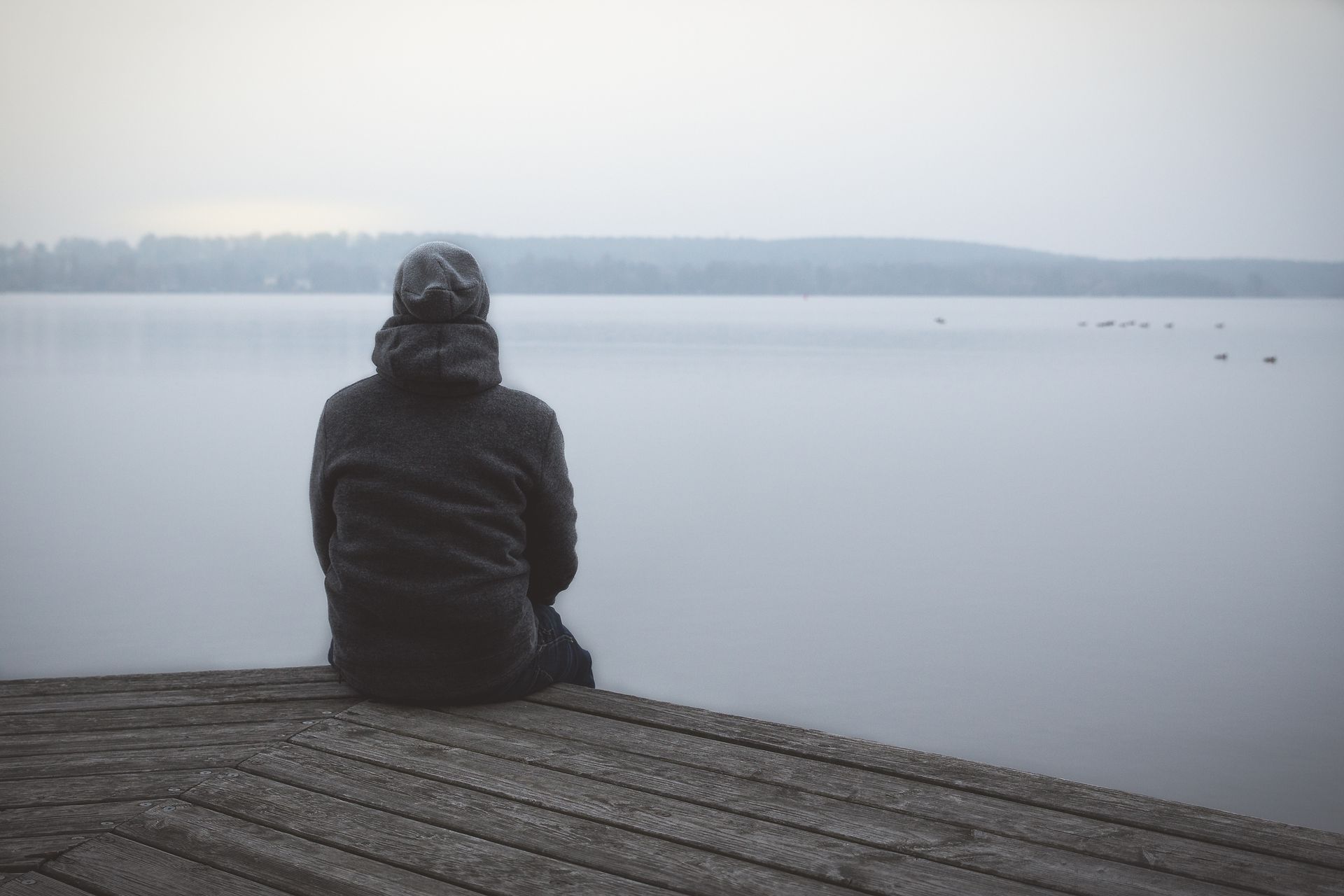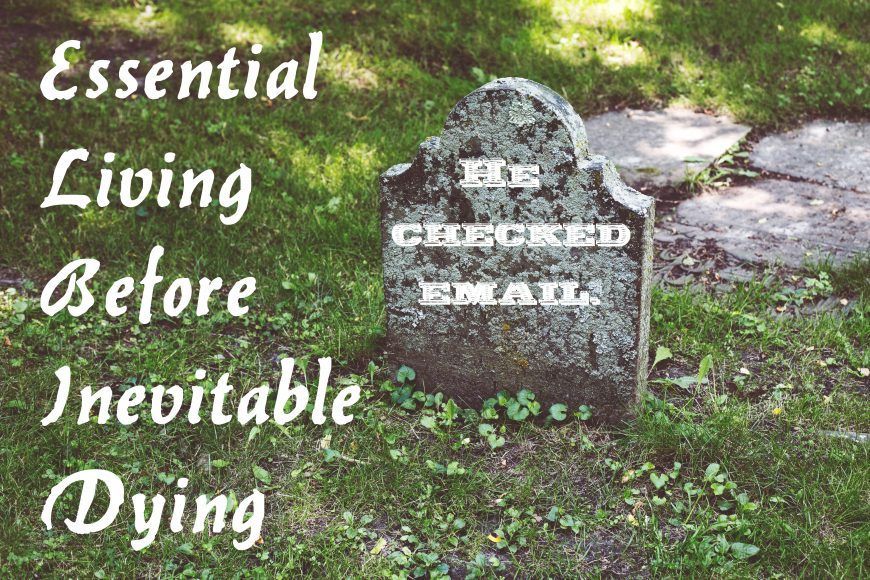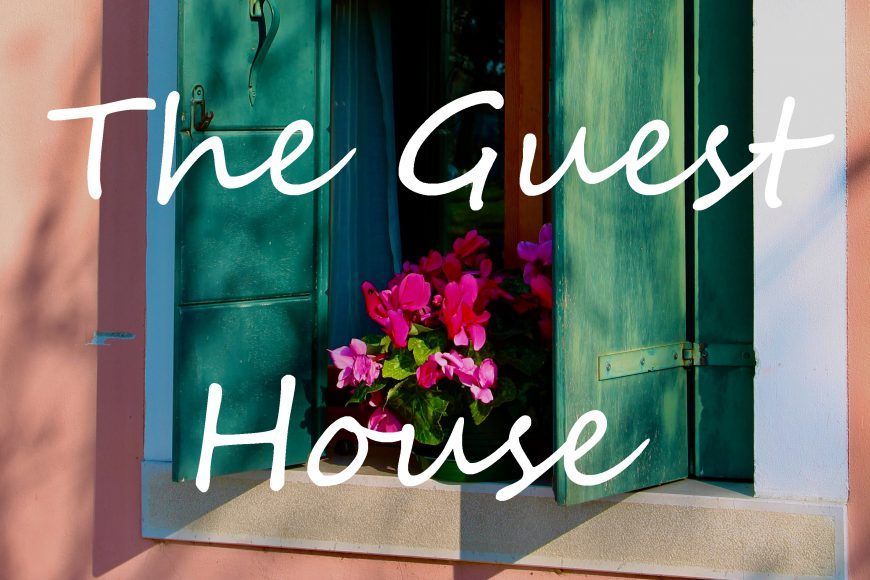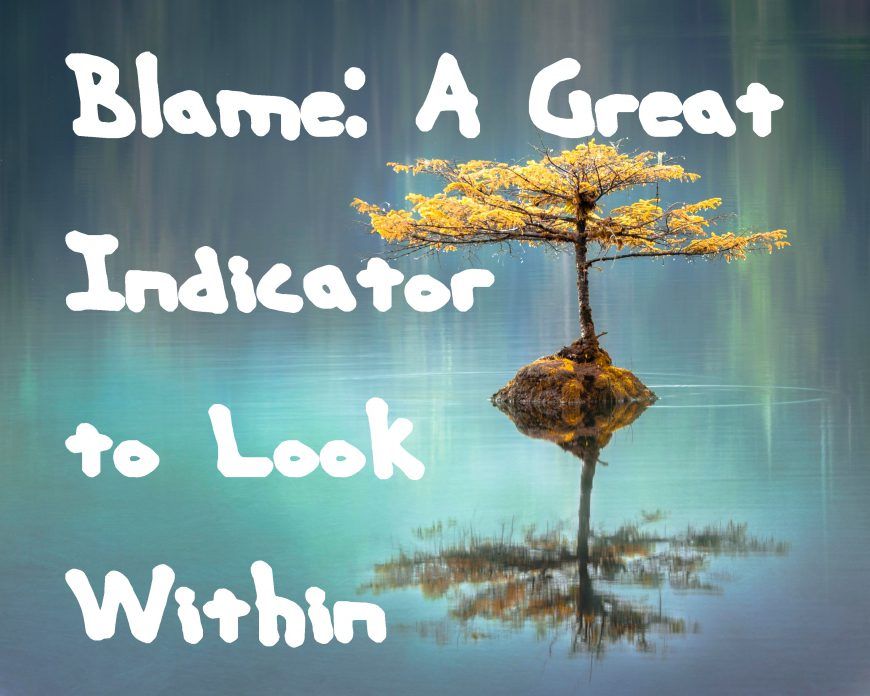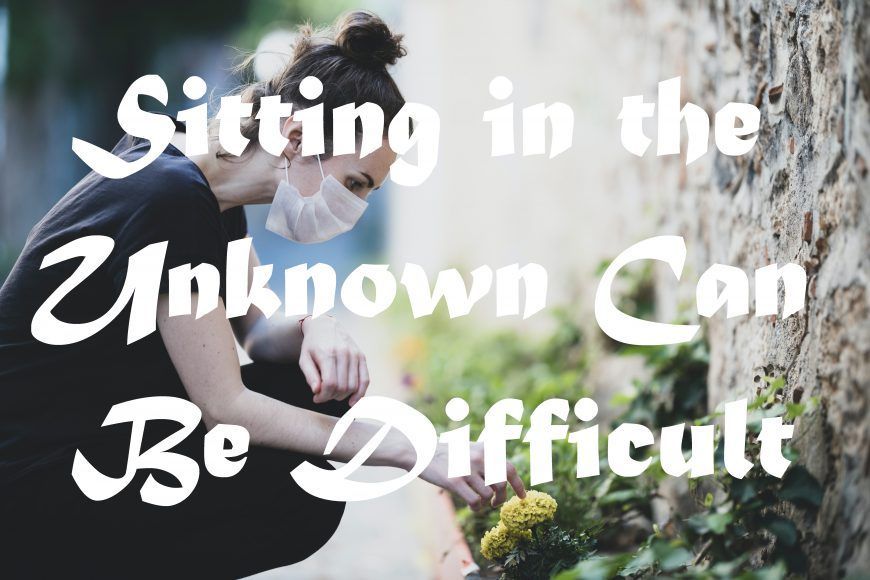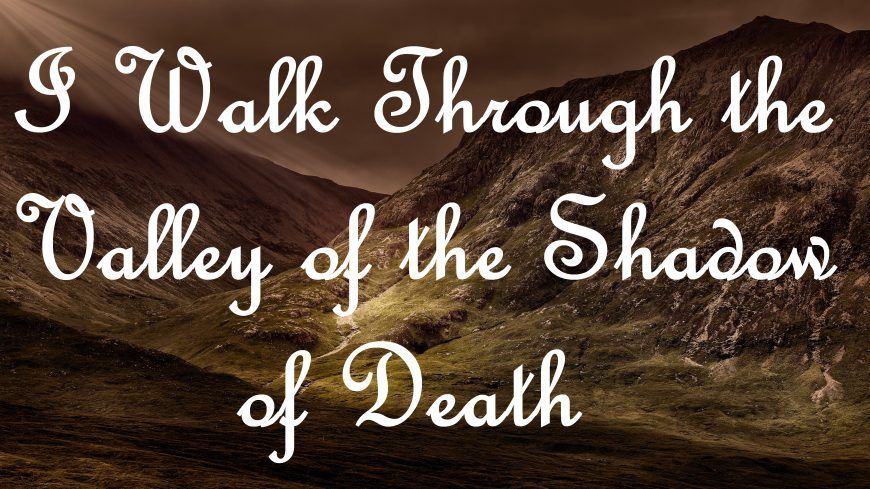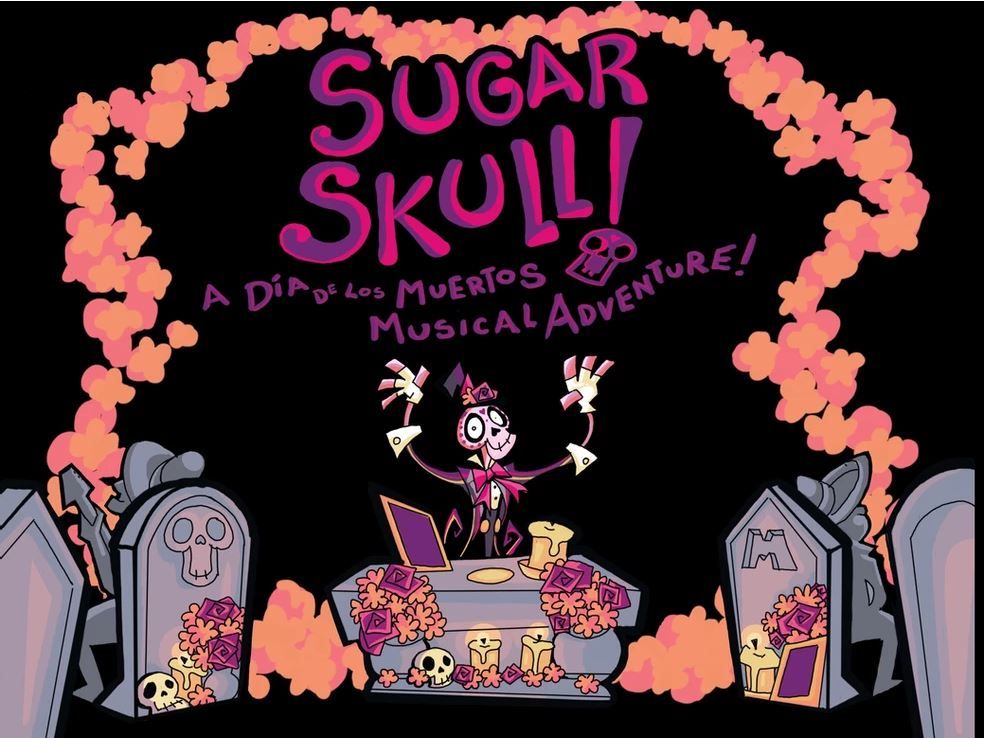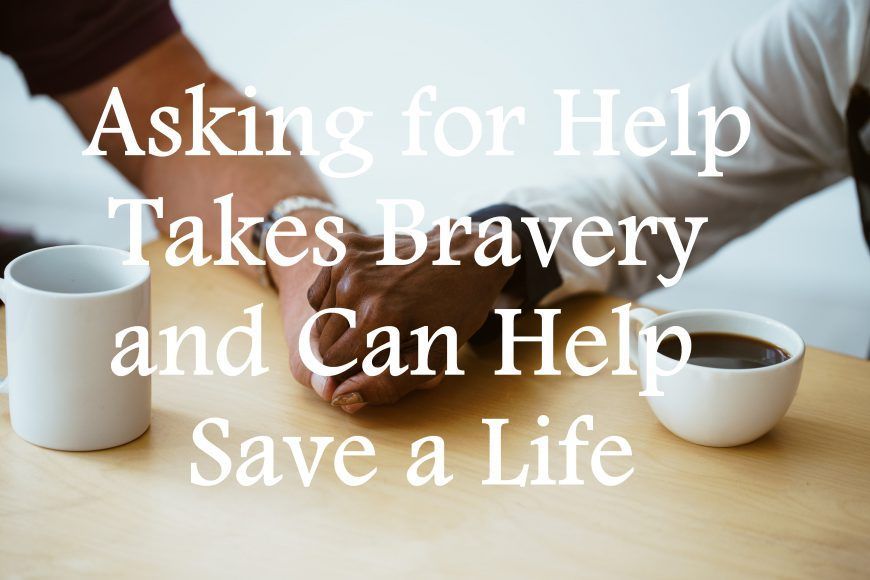Grief, Addiction, and Courage in Allowing Mistakes
God, grant me the serenity to accept the things I cannot change, the courage to change the things I can, and the wisdom to know the difference.
Dear Ted,
As I unravel my escapades from this last year, I see I may have caused a lot of havoc in my grief from some losses and then in my addictive behavior that followed those losses. I find myself hesitant to make any decisions now as I’m afraid of the ripple effect that my actions may have on others. I know this is rather ambiguous, but what do you have to say about my situation.
Thanks, Zack
—
Dear Zack,
Thank you for your insights into your year long process. This may be more common that you realize. You bring up a two part situation, but it seems to be two sides of the same coin. A loss can activate addictive tendencies and when these are acted upon they can cause problems for you as well as the people around you. This can cause more loss, deeper grief and possibly increased addictive actions.
This is a tough hole to climb out of, but I have the privilege to watch people successfully recover and miraculously build a healthy and full life. The grief process, after a loss, can be rather self-centered as the brain is in a high-alert mode and is working overtime in survival mode. Cognitively your brain looks for ways you have survived in the past and these may include survival skills that are actually detrimental such as addictive tendencies.
I am one who believes addiction is a disease that one can manage similar to something like diabetes, but the person must maintain disciplines to keep a balanced and healthy program. With a loss there may be a level of unbalancing that can cause relapse due to high impulsivity and historical “survival skills” that may, in reality, be non-productive and be an unhealthy reaction to the present situation.
Grandiosity (thinking the world is centered on one’s self) becomes a problem when our unconscious actions, due to the pain of our loss, inflicts difficulty on others as well as yourself. Grandiosity is not being mindful of others and has a level of hyper focus that does not allow one to see the ripple affect one’s actions may have on others. On the other hand in the midst of remorse, guilt, and/or shame; you may feel so afraid of the pain of these emotions, you now think anything you do will wreak such havoc that you won’t do anything at all out of fear of the repercussions for you or others. Most people don’t think of this as grandiosity, but stop and think about it. If you believe your decisions and actions are going to have such an enormous impact on the world, than you are still very large in your smallness! As that coin of grandiosity is flipping through the air as you experience your emotional turmoil, take a moment to remember you are doing the best you can. Each person owns their own emotions, amends can be made, and stepping back into a conscious life is the first step. Walking through the resistance of making decisions and taking action is important and trying to be mindful with pure intentions may reopen doors into a healthy and worthwhile life as you participate in life that helps others as well as your own healthy growth. Not participating in your life as well as other’s lives can be detrimental – just like unconscious grandiose behavior.
Find the balance and take time to gather information, process that information and then have the bravery to respond and take action. This will allow you to have permission to succeed, make mistakes, and truly live.
Until next week, take care.
Ted
This article was published in The Taos News on September 10, 2015, and is republished here with permission by the writer, Ted Wiard, LPCC, CGC, Founder of Golden Willow Retreat, a nonprofit organization focused on emotional healing and recovery from any type of loss. Visit goldenwillowretreat.com/media-blog/teds-archived-articles/ for more of Ted’s articles.
